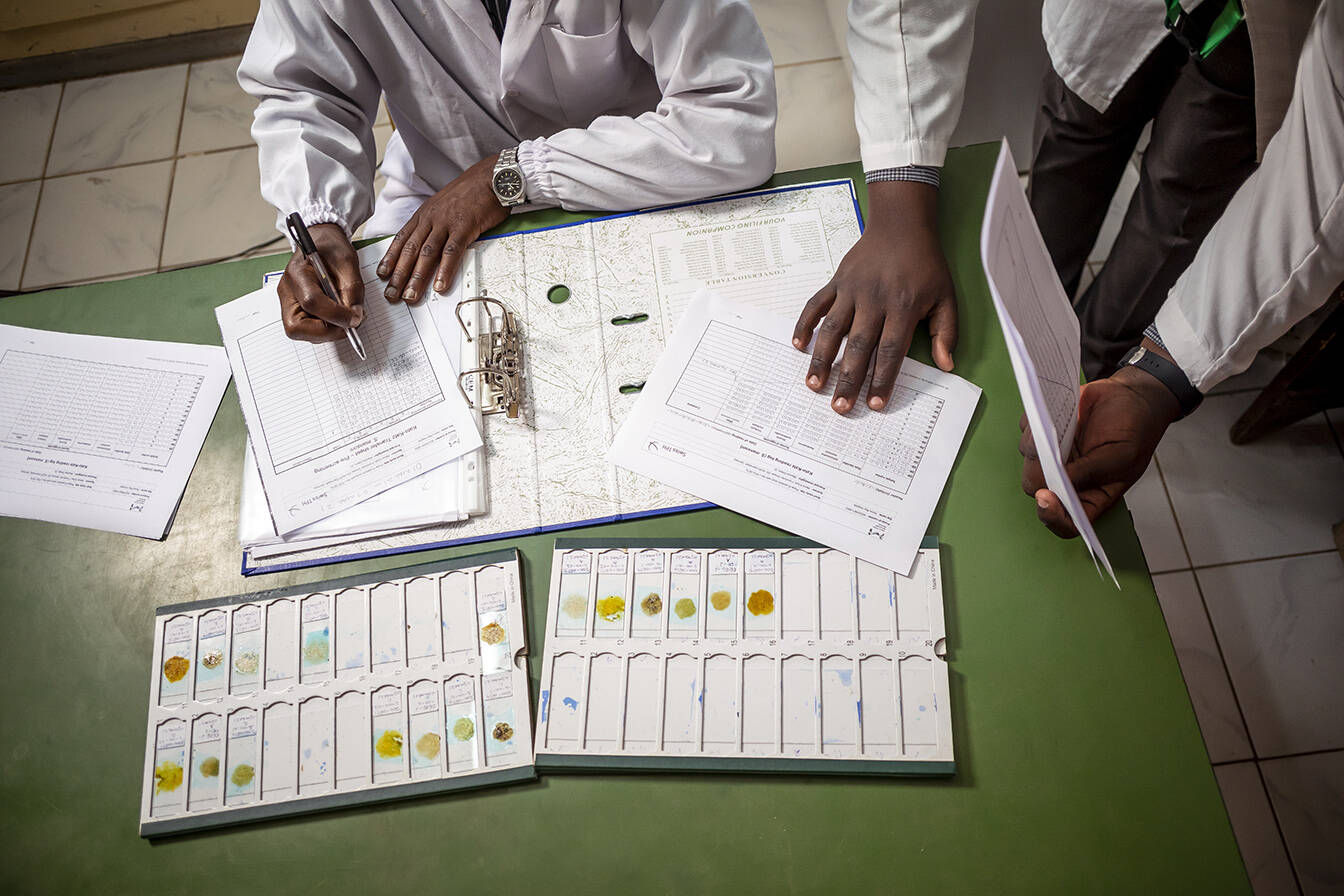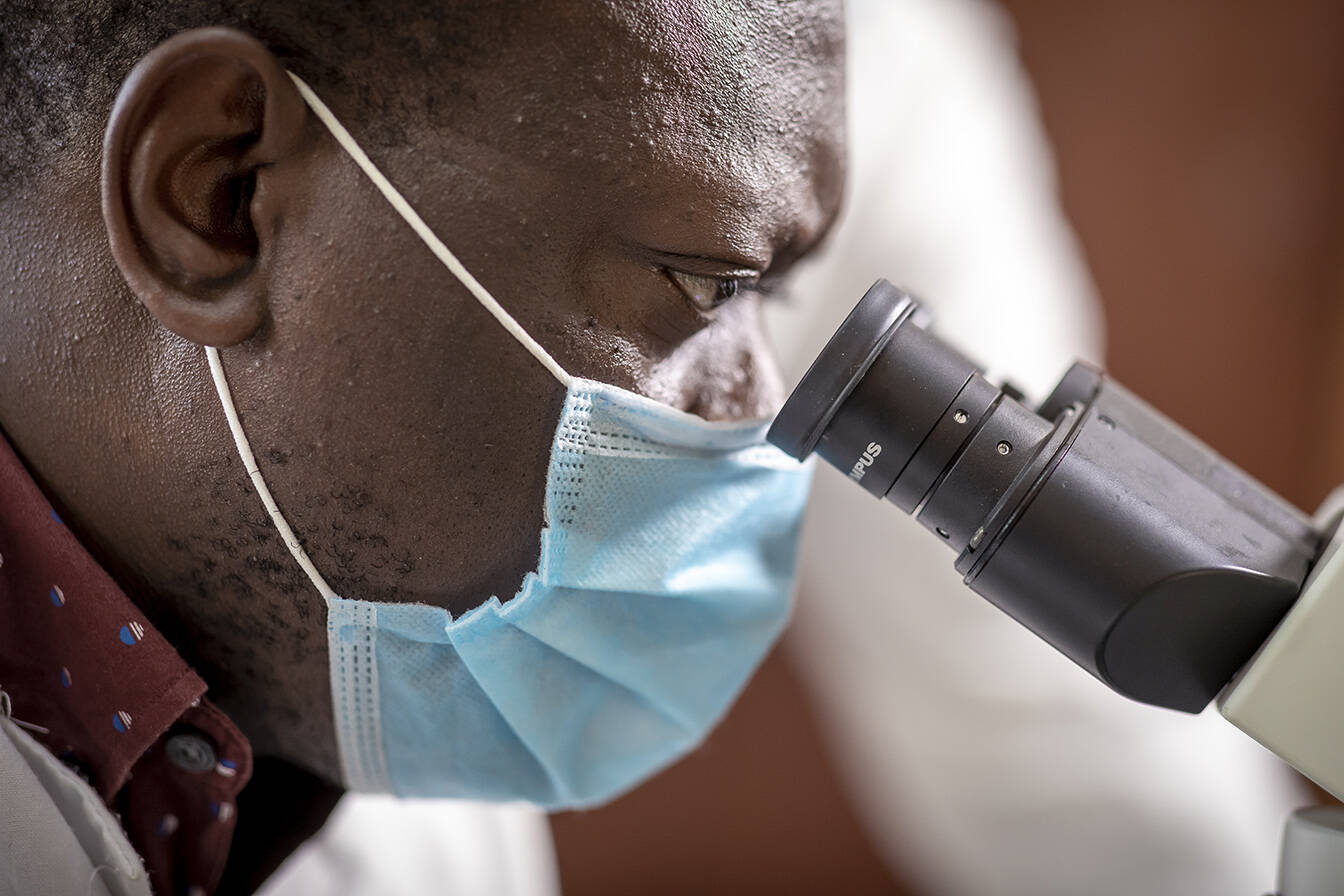In addition, the project is also working with communities and national disease control programmes to raise awareness of rHAT, explore community attitudes, and to prepare the ground for the introduction of a new treatment. In 2021, the project published a report on community and healthcare worker perceptions of sleeping sickness and its treatment in an area of Malawi. These activities will inform the design of plans for efficient implementation of fexinidazole for rHAT should the main trial confirm its efficacy.
Fexinidazole is not yet licensed for use against rHAT, although there is good evidence that it should be effective, so toxic and less effective existing treatments are still being used. The HAT-r-ACC consortium is carrying out a clinical trial to assess the efficacy of fexinidazole against rHAT and its safety in rHAT patients, focusing on Uganda and Malawi, which account for more than 90% of current cases of rHAT. Recruitment was successfully completed in 2021 and patients will be followed up during 2022.

scroll down
However, a second, ‘acute’ form of sleeping sickness, caused by T. brucei rhodesiense, is also a significant public health problem in parts of eastern and southern Africa. This form of the disease, known as rHAT, progresses more rapidly and can lead to death within weeks or months if untreated.
Great progress has been made in control of sleeping sickness (human African trypanosomiasis, HAT), particularly the most common form, caused by infection with the Trypanosoma brucei gambiense parasite. Of particular value has been the highly effective and easy to administer drug fexinidazole, the development of which has been led by the Drugs for Neglected Diseases initiative (DNDi).
The HAT-r-ACC project has completed recruitment into its study of fexinidazole as a potential treatment for an acute sleeping sickness.

Improving treatment of acute sleeping sickness
